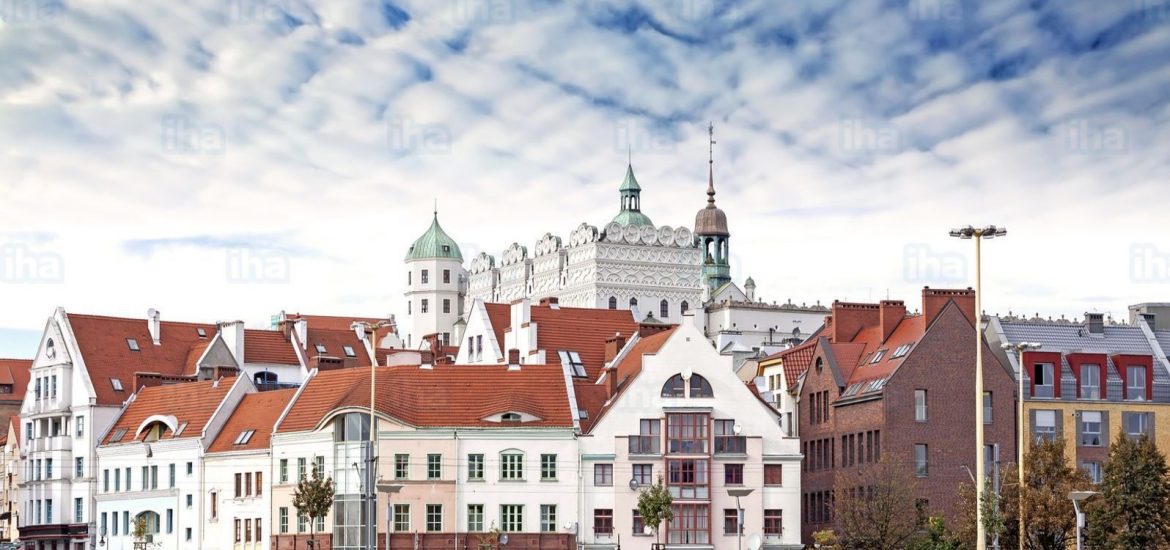
Poland’s strategic energy planner says Warsaw intends to stop buying Russian gas after its long-term supply contract with Gazprom expires in 2022.
Piotr Naimski told Polish Radio: “Poland will not extend the contract.
“New possibilities will appear,” he said in reference to the Baltic pipe linking Poland with Norway via Denmark as the Central European country attempts to diversify gas supplies.
Poland’s nationalist Law and Justice party has said it does not intend to renew its contract with Gazprom in 2022, citing supply disruptions since President Vladimir Putin took power.
Poland would also diversify supplies by signing contracts for the purchase of LNG (liquefied natural gas) from the US and Qatar, Naimski added.
In December, PGNiG, Poland’s state-owned oil and gas utility, signed deals for US LNG deliveries.
Poland is also pushing ahead with plans to expand its LNG terminal in the Baltic port of Swinoujscie (pictured), and in December launched a bidding process to boost its regasification capacity from 5 bcm to 7.5 bcm.
Pawel Jakubowski, CEO of Polskie LNG, said the LNG deliveries and Norwegian gas supplies could reorientate the central European gas market by creating north-south gas routes to replace the existing east-west links, weakening reliance on Russia.
“Poland is working on interconnectors with Lithuania, Ukraine, Slovakia and the Czech Republic to be able to deliver surplus volumes to neighbouring markets to create a regional gas hub,” Jakubowski said. “The Baltic pipe can give us very stable supplies to the Polish gas market on a long-term basis. The LNG terminal can give us flexibility and price arbitrage.”
Poland’s Gaz-System and Danish Energinet agreed to proceed with the gas pipeline in November.
Work on the Baltic pipe is due to start next year and end by October 2022, according to Polish Radio.
Poland’s government is also considering the impact of Russo-German Nord Stream 2 pipeline that is due to open this year, bypassing Ukraine and Poland.
Kay-Olaf Lang of the German Institute for International and Security Affairs told DW that Poland saw the Nord Stream 2 pipeline as a symbol “of German disloyalty towards its eastern neighbour and of a special relationship with Russia”.
Gazprom aims to complete Nord Stream 2 before 2020 when its gas-transit deal with Kiev runs out and Poland reportedly believes that when Russian gas no longer has to travel through Ukraine, the country will be more vulnerable to further Russian aggression.
In mid-January, PGNiG signed three production licences in Norwegian waters and in October it paid US$220 million for a stake in the Tommeliten Alpha gas field, south of the Norwegian mainland.
Poland hopes the moves will cut dependence on Russian gas and allow the country to emerge as a Central European gas hub.
“[The Baltic pipe] is the most important deal from the perspective of diversifying our energy mix, and making Poland independent from Russian gas,” said energy analyst Robert Tomaszewski of Polityka Insight in Warsaw. “It is the last condition towards making [Poland] free.”
Poland currently buys about 11 billion cubic metres (bcm) of the 17 bcm of natural gas it consumes each year from Russia’s gas giant, Gazprom.
LNG hub: Swinoujscie. Picture credit: IHA





